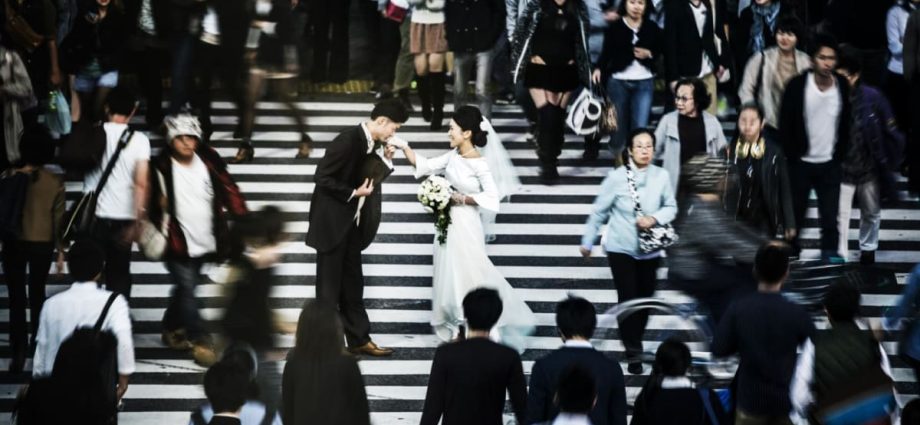Commentary: A match made in policy – should the state play cupid?

TILL POLICY DO US PART: WHEN GOVERNMENTS PLAY MATCHMAKER
Governments have long shaped marriage and parenthood with pro-natalist policies like tax reliefs, housing priorities and baby bonuses. These are often seen as vital for national goals such as economic and social stability.
State-run matchmaking services have also become an increasingly popular alternative, with countries like China, Taiwan and Russia adopting them to directly help citizens find marriage partners for family formation.
Singapore is no exception. With similarly low marriage and birth rates, the government has supported matchmaking initiatives like the now-dissolved Social Development Network that helped singles meet potential partners via events, speed-dating sessions and interest-based group gatherings.
These programmes have elicited mixed reactions. While some might appreciate the opportunity to meet like-minded individuals in an organised setting, others may view them as invasive and overlooking emotional compatibility in favour of political goals.
Dating apps often emphasise extrinsic traits like physical attributes over more sustainable qualities like shared values or emotional compatibility. This can render government-run apps unappealing as they may seem to prioritise superficial aspects of relationships or traditional dating norms, potentially excluding more meaningful connections built on long-term compatibility.
Tokyo’s dating app, for instance, uses artificial intelligence to match residents based on their values. However, algorithmic biases in matchmaking can unintentionally perpetuate stereotypes, favouring preferences or social markers prevalent in society while overlooking the diversity of other personal characteristics such as religion or socioeconomic status.
Privacy and surveillance concerns are also obstacles to receptivity toward such government initiatives. Even in a society like Singapore’s where residents have a high level of trust in the government, the idea of state intervention in love may be disconcerting to some.
Take 18-year-old Marcus, who is currently single, for example. When asked if he would consider using such platforms, he hesitated. “If it’s owned by the government, definitely no. It feels as if they’re watching over you,” he told me. “Actually, any dating app would make me feel weird. I don’t know what the other person’s past is or what their intentions are, if they’re in it for the short- or long-term.”

